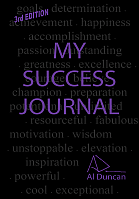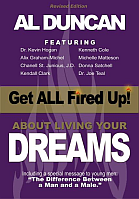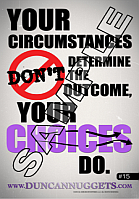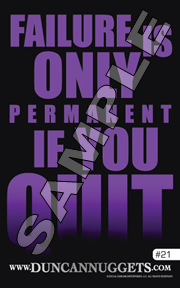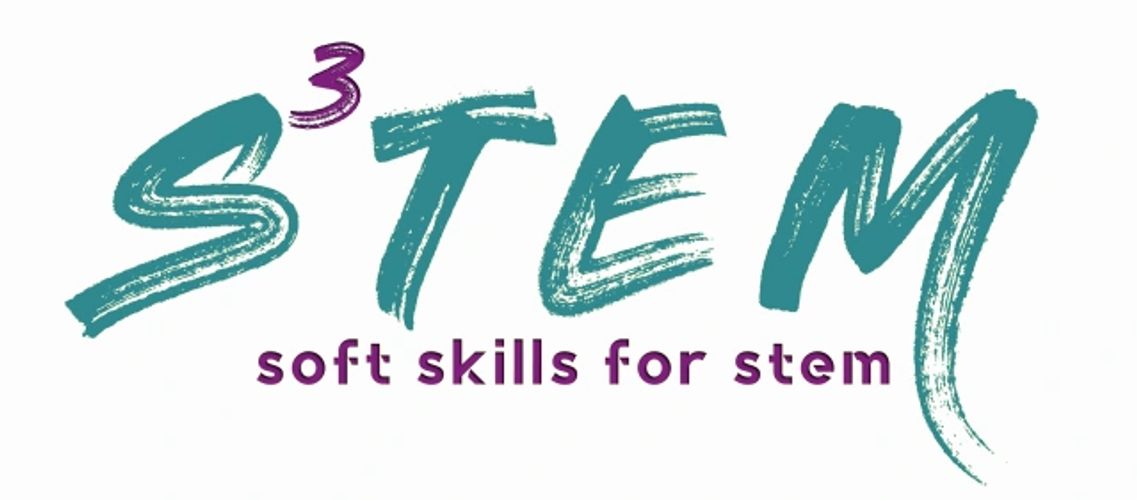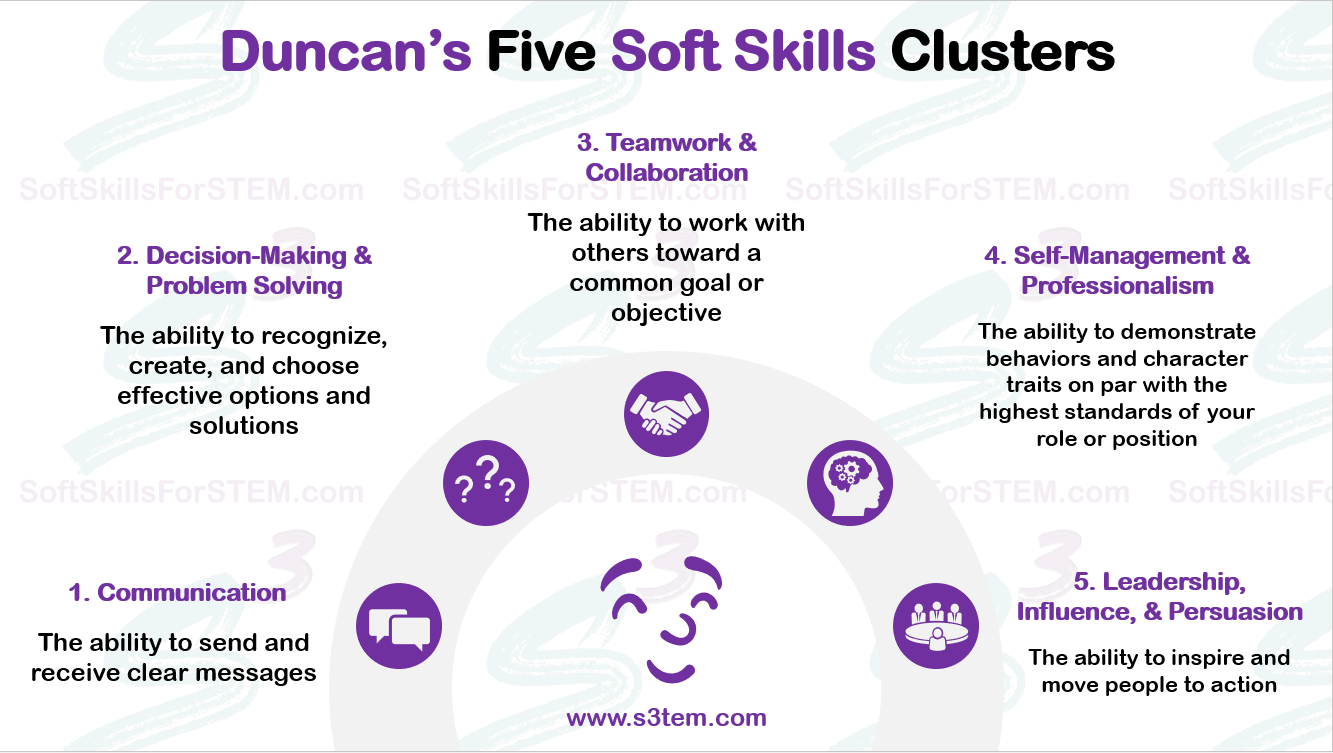[ACTIVITY] 7 Soft Skills CEOs Work On

While I was doing research for The Soft Skills Success Plan, I spoke to quite a few chief executive officers and other executives. I found it interesting that the soft skills they wanted in their employees were often the same soft skills in which the CEOs wanted or were receiving coaching for themselves.
But just because that’s what I found from a few dozen interviews, it doesn’t mean this trend is universal. Fortunately, I came across the 2013 Executive Coaching Survey administered by Stanford University and the Miles Group. The results were similar to my interviews, but they were more accurate and more data was available.
- Topics: ActivitiesArticlesCareer DevelopmentConflict ManagementLeadership SkillsProfessionalSoft SkillsYoung Adult
[VIDEO] Duncan Nugget #36: Individuals and Issues
Whether it’s parents fussing at children, students complaining about teachers, co-workers arguing, or couples fighting, conflicts often end with a stack of hurt feelings and enraged people.
If you really want to resolve the conflict, it’s not cool to say things like: “You idiot! How stupid can you be?!”
But what if he really is an idiot?
I feel your pain but, even if you’re dealing with a genuine idiot, those types of statements actually make things worse because they are value judgments about the individual.
When resolving conflicts, focus on the issue, not the individual; the problem, not the person.
Think about it. It’s easier to resolve the issue or problem, when you avoid making value judgments about a person. Instead, focus on the aspects of the issue you want to resolve.
Million-Dollar Question:
When dealing with conflict,
do you focus on the individual or the issue?
- Topics: Career DevelopmentConflict ManagementDuncan NuggetsProfessionalSoft SkillsTeenVideosYoung Adult
[VIDEO] Bullying Prevention Message: Build People Up
Duncan Nugget #319:
When you build people up, you build yourself up.
SUMMARY: In honor of National Bullying Prevention Month (October), Al talks about why you can’t bully your way to success.
Million-Dollar Question:
Do you spend your time tearing people down
or building people up?
- Topics: Character DevelopmentConflict ManagementPersonal DevelopmentTeenVideosYoung AdultYouth Empowerment
The Anatomy of a Threat
Did you know that your body responds to an attack on your character, beliefs, or anything you perceive to be valuable, in the same manner it does to physical threats?
- Topics: ArticlesCharacter DevelopmentConflict ManagementPersonal DevelopmentProfessionalTeenYoung Adult
Duncan Nugget® #82: A Warped Sense of Reality?
Have you ever noticed that regardless of the problems or conflicts that show up in your life there is one thing that remains constant? There is one thing that is ALWAYS there.
YOU.
A vital component of effectively dealing with conflict, challenges, and difficult people is to be able to determine what YOU contributed to the situation. After all, anybody can be somebody’s difficult person. Think about that.
I know…I know. It’s not all your fault, right? Of course not, but it is your life. A lot of times conflicts are easier to resolve and problems are easier to solve when you start by looking in the mirror.
Accurate self-assessment is a powerful tool that keeps you from having a warped sense of reality. It helps facilitate change because when you change, things tend to change.
Million-Dollar Question:
What have you contributed to your current challenging situation?
Duncan Nugget® #39: Context is Everything
Imagine that it’s 95 degrees. Is that hot? It depends on the context, doesn’t it?
If it’s the middle of February in Philly, 95 degrees is hot. If 95 is the temperature of your oven while you’re trying to cook a turkey then 95 is cold. It’s the same temperature, but the context changes everything.
“That’s not what I meant. You’re taking it the wrong way.”
Does that phrase sound familiar?
Something said the wrong way or taken out of context can spark an argument or start a war. It’s the same set of words, but the context changes everything.
Your problems can propel you or paralyze you. It’s the same scenario, but your frame of reference—the context—changes everything.
Before you assume, believe, or do anything THINK about the context because context is everything.
Dealing with Conflicts
Whether it’s the parents fussing at the kids, students snapping on professors (not smart at all), or couples fussing at each other, conflict and arguments often end with a stack of hurt feelings and enraged people.
It’s okay to say things like: “I don’t like what you did (or said). To me, it was a stupid thing to do.”
It’s not cool to say things like: “How stupid can you be?! You’re a real idiot!” (Well…I guess it’s cool if he or she really is an idiot.)
When resolving conflicts, be sure to focus on the issue, not the individual; the problem, not the person.
A person is not his or her behavior. THINK about that.
It’ll be easier to resolve the issue or the problem, if you avoid making value judgments about the person. This is especially true when dealing with at-risk youth, defiant teens, and people with big egos.




